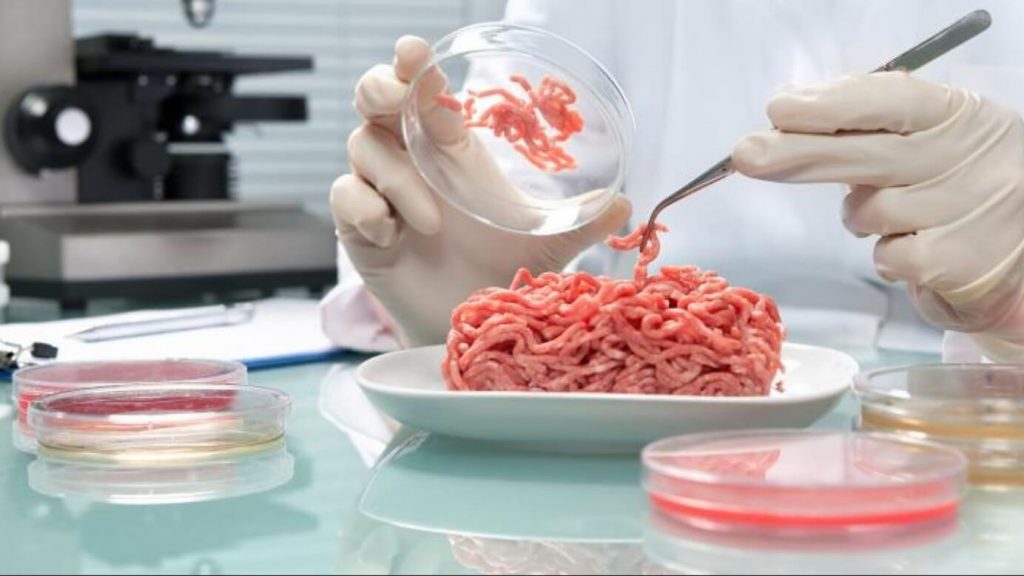Shir Friedman, the co-founder of Israeli clean meat company SuperMeat says her company is making a lasting difference in up-hauling the food system and that traditional meat companies are all for it.
Clean meat involves using real animal cells to grow meat in a lab, leaving the animals unharmed. “Our technology is unique because we know that, from day one, that our products are scalable,” Friedman told media publication Food Navigator. “Instead of creating a product that might hit a wall eventually, the technology allows us to make sure the products are fit for commercial scale.”
The first ever clean meat to be unveiled was by Mark Post in Amsterdam in 2013. At the time, his revolutionary cultured meat burger cost €300,000. Companies such as SuperMeat are actively seeking support to scale up production and accelerate its launch into the mainstream market, before eventually achieving price parity with conventional meat. To enable its goal of making slaughter-free chicken, SuperMeat recently acquired $4 million of investment funding from one of Europe’s largest poultry companies: the PHW group.

According to Friedman, PHW Group’s “amazing knowledge” of the poultry market will help ease it into the market and create clean meat tailored to the expectations of poultry consumers. Similarly, leading U.S. meat producer Tyson Foods invested in Future Meat Technologies, another clean meat startup based in Israel. “The fact that traditional meat players are backing clean meat startups is amazing and goes to show that clean meat is not something going against the meat industry but going hand in hand with it, offering a different way to produce the exact same product,” Friedman said.
SuperMeat’s flagship product, a cultured mincemeat, is in development. Friedman, who became vegan 13 years ago, said growing meat in a lab employs a “pain-free biopsy” as no animals are slaughtered for the meal. Friedman believes the concept will be welcomed by those who follow a vegan diet, like her.

Food futurists and eco-conscious consumers are warming to the concept. Clean meat is considered an effective solution to environmental pressures that stem from animal agriculture, such as global warming.
Also, unlike traditional meat, especially mass-produced meat products, clean meat doesn’t contain antibiotics. Preventatively over-medicating livestock has received criticism from physicians and scientists alike as the practice is fueling a global “superbug” epidemic. Second-hand consumption of antibiotics via meat intake has resulted in consumers developing a resistance to medication, complicating the treatment for otherwise minor health issues.


